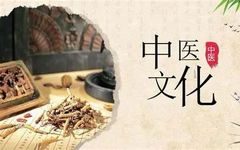
Traditional Chinese Medicine (TCM) is a precious part of Chinese culture, embodying the wisdom of the Chinese nation over five thousand years. In modern times, TCM continues to play an important role. Let’s explore the inheritance of TCM together.
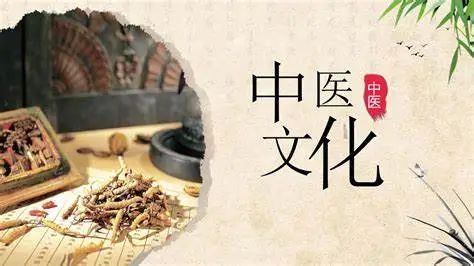
Image source: Baidu
What is TCM?
When it comes to TCM, many people are familiar with it and have had some exposure to it.
TCM is the traditional medicine created by the Chinese nation over thousands of years. The entry point of TCM theory is the unity of heaven, earth, and humanity, following the laws of nature. Whether for health maintenance or disease treatment, it starts from adhering to natural laws, identifying adverse factors that violate nature from individual phenomena, and improving them to align with nature.
Some may think that TCM is not as effective as Western medicine. Western medicine treats diseases simply: first diagnosing and then curing the illness, often backed by a plethora of data and test reports. In contrast, TCM uses unique pharmacology to heal individuals. While Western medicine cures diseases, TCM heals people. The difference is that while diseases treated by Western medicine may recur, TCM can prevent recurrence as long as the individual follows TCM logic.
For this reason, we must not overlook the inheritance and development of TCM.
Why is the inheritance of TCM important?
There are many explorations regarding life and health within TCM. Inheriting these experiential insights can save much effort, allowing doctors to help more patients during their lifetimes.
For instance, the “Shang Han Lun” (Treatise on Cold Damage) by the medical sage Zhang Zhongjing contains knowledge that would require significant effort to discover independently. However, through inheritance, we can improve and perfect the foundations laid by our predecessors.
TCM has endured for thousands of years, relying on the continuous inheritance and promotion by generations. The therapeutic experiences passed down are worth our reference and study.
Currently, the number of practitioners who master the four diagnostic methods of TCM (observation, listening, inquiry, and pulse-taking) is very limited. The inheritance of TCM faces a gap, while modern society still needs TCM to integrate with Western medicine for treatment.
How is TCM inherited?
1. Master-Apprentice Transmission
The master-apprentice relationship is one of the important methods of TCM inheritance. The master imparts valuable experience and theoretical knowledge to the apprentice, who practices during the learning process, inheriting classical TCM.
2. Studying Classics
The classics of TCM are crucial for learning. For any TCM inheritor, studying the classics means understanding the thoughts, methods, and theories within them, leading to a deeper understanding of the TCM way.
3. Modern Education
Traditional TCM learning may not meet the needs of modern society. Combining TCM with modern educational methods can better inherit and develop TCM.
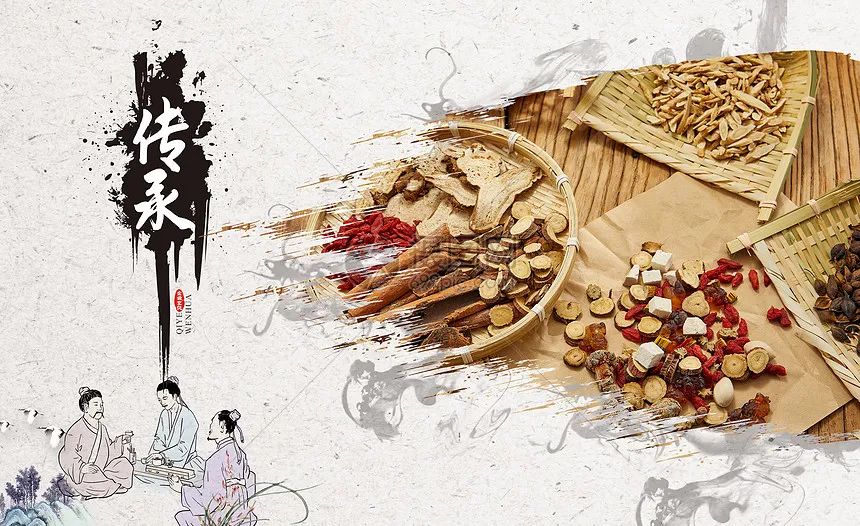
Image source: Baidu
How to inherit TCM?
The inheritance of TCM requires passing down ancient methods of diagnosis and treatment, learning from renowned TCM practitioners, and summarizing their valuable experiences.
TCM itself is a part of Chinese traditional culture, so inheriting TCM requires a strong cultural identity and a foundation in traditional culture.
TCM is a great wisdom within Chinese traditional culture, and its unique way of thinking and theoretical system aligns with the culture of inheritance. The process of inheriting TCM is also a process of inheriting traditional culture.
The government is also implementing policies to encourage the development of TCM, promoting the integration of TCM and Western medicine, and adhering to a balanced development approach. Innovation in inheritance is the most effective way to carry forward TCM.
Conclusion: Our opportunities to learn about TCM are limited, but we must understand the unique significance of TCM to our Chinese nation. Inheriting TCM is also inheriting our excellent traditional culture.

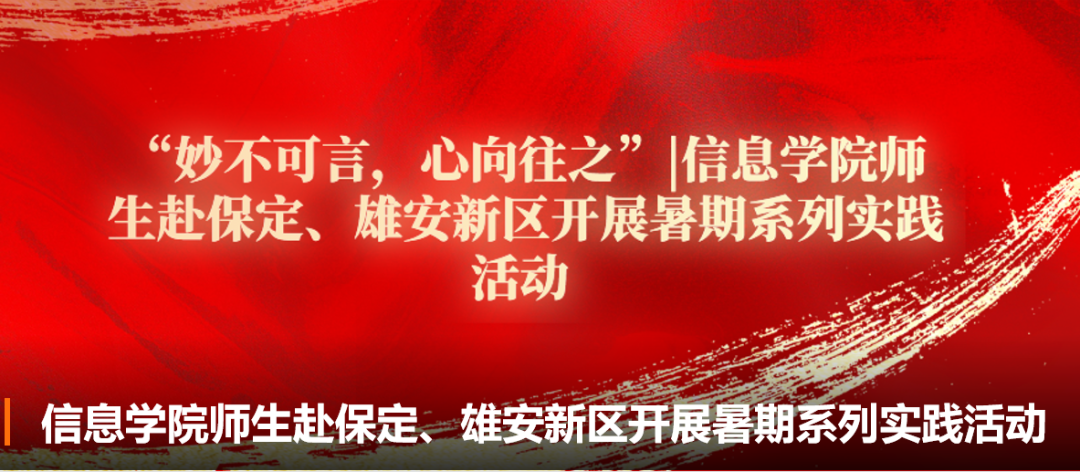
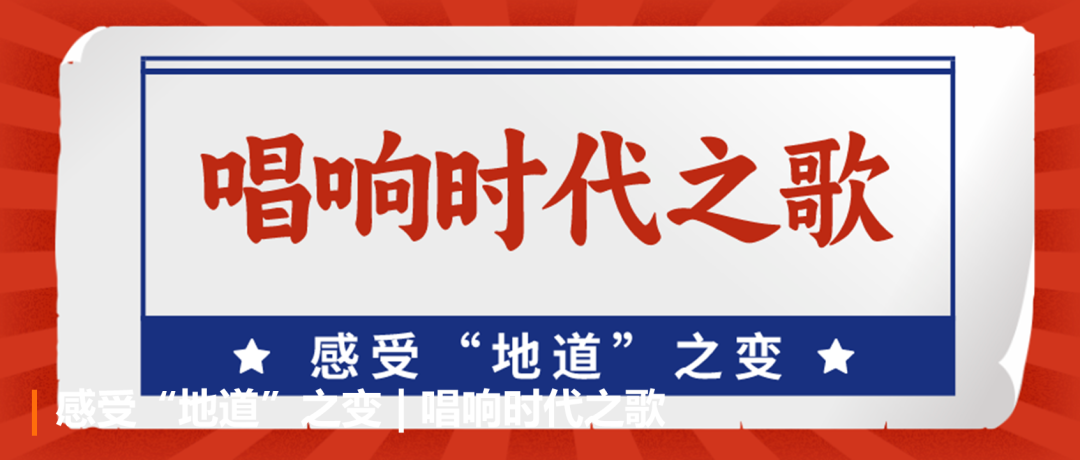
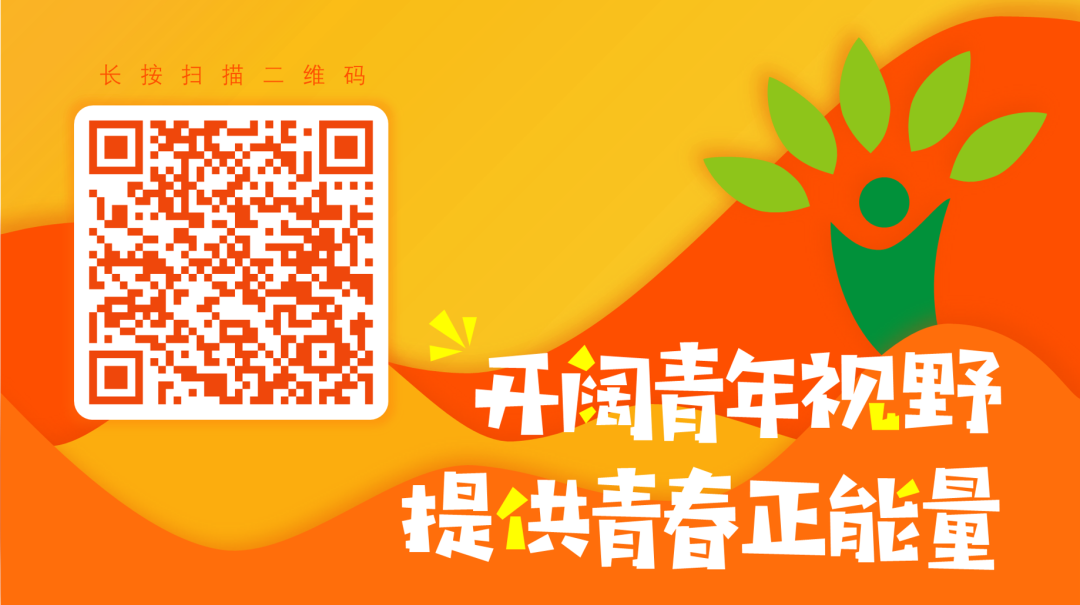
One
Youth
Author: Hou Peihan
Images: Hou Peihan
Layout: Hou Peihan
Review: Han Jianghe

